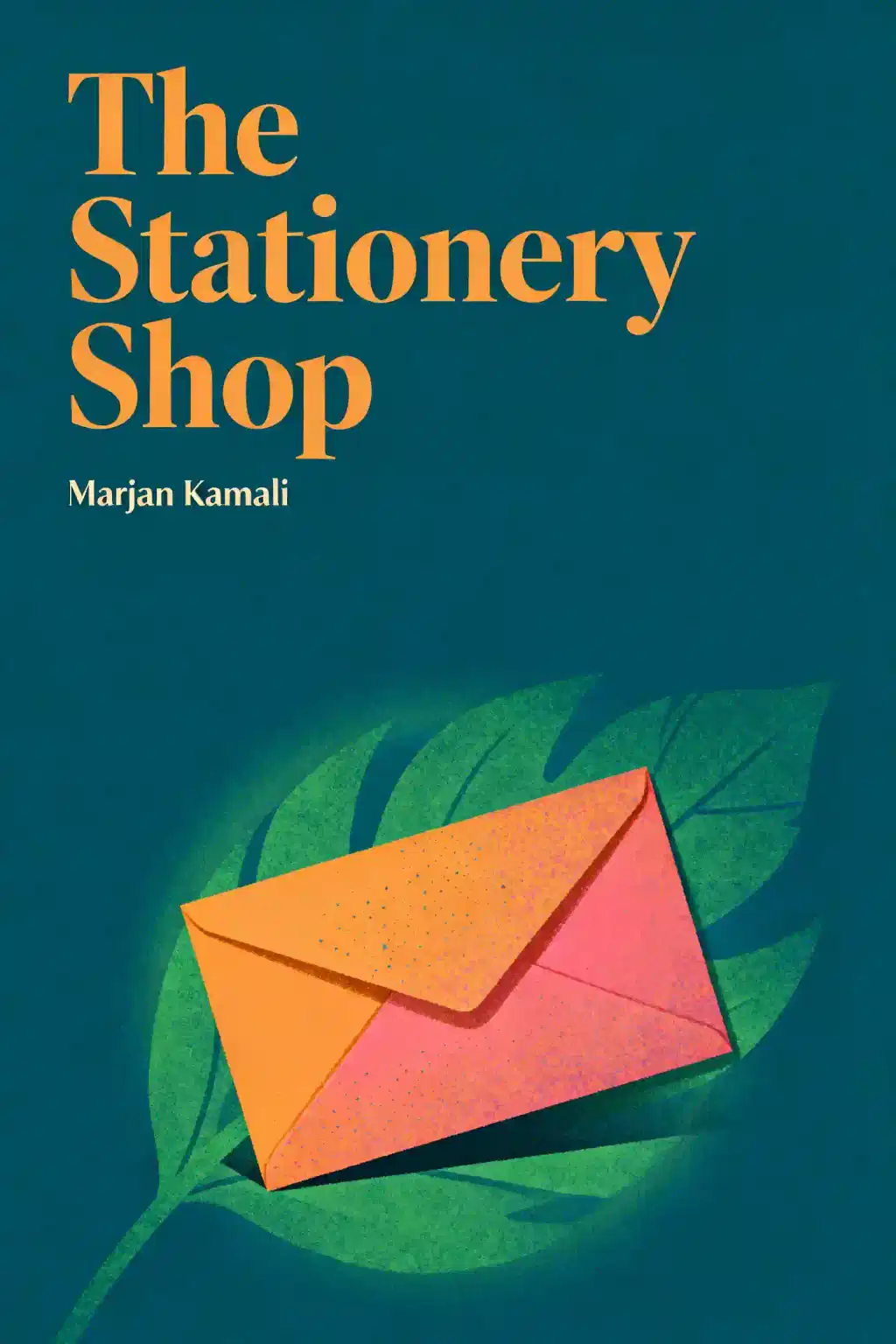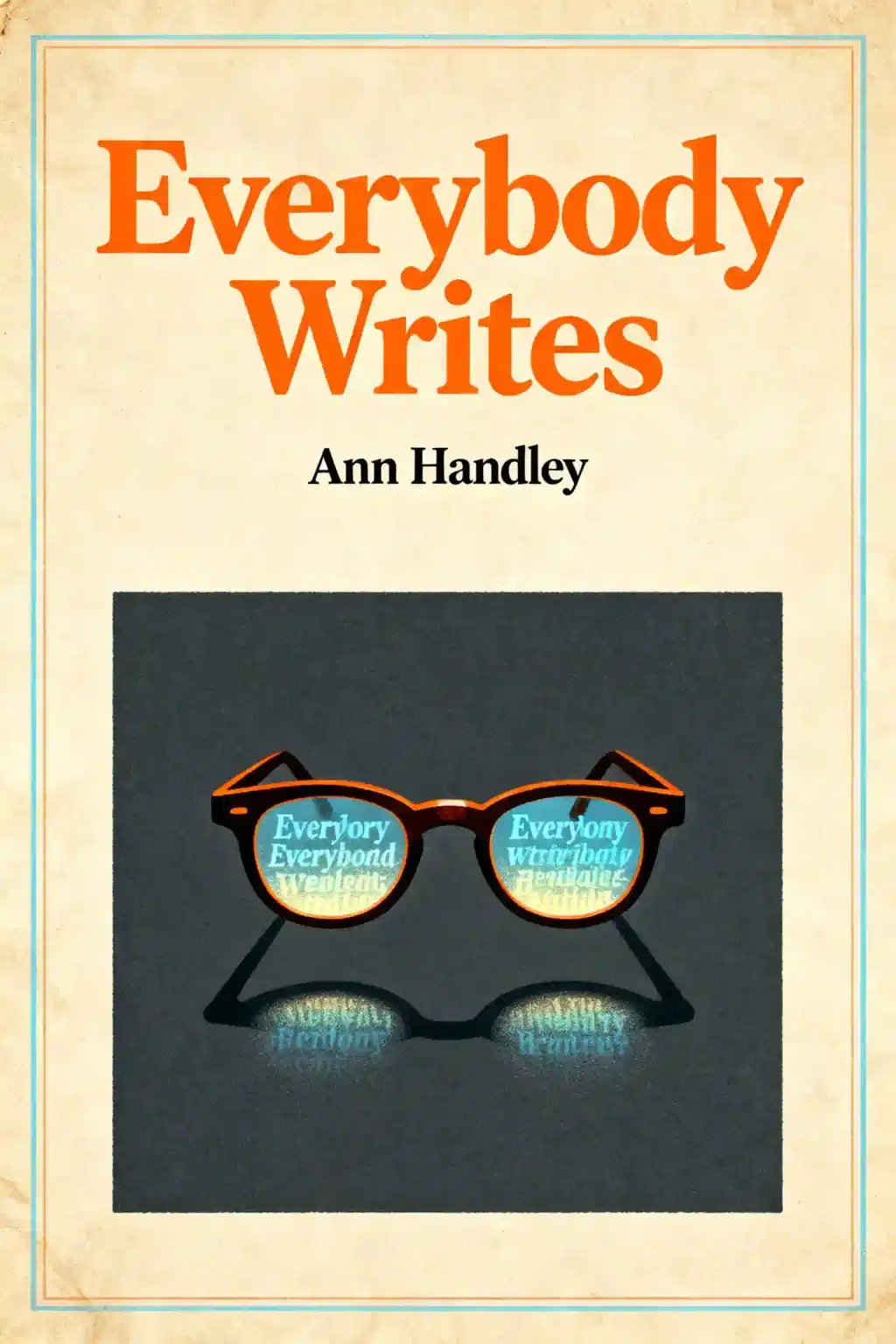What is The Stationery Shop by Marjan Kamali about?
The Stationery Shop by Marjan Kamali is a historical romance novel set in 1953 Tehran during the CIA-backed coup that overthrew Prime Minister Mossadegh. The story follows Roya and Bahman, two teenagers who fall in love in Mr. Fakhri's neighborhood stationery shop but are mysteriously separated on their wedding day. Sixty years later, they reunite in New England to uncover the truth about their past and discover how family secrets and tampered letters kept them apart for decades.
Who should read The Stationery Shop?
The Stationery Shop is ideal for readers who enjoy emotional historical fiction, cross-cultural love stories, and narratives about second chances. Fans of Khaled Hosseini's writing style, those interested in Iranian history and diaspora experiences, and readers who appreciate stories exploring how political upheaval impacts personal relationships will find this book compelling. It also appeals to book club members seeking discussion-worthy themes about family secrets, resilience, and the enduring power of first love.
Is The Stationery Shop by Marjan Kamali worth reading?
The Stationery Shop is worth reading for its beautifully crafted love story and historical depth. The novel became a national and international bestseller, translated into 21 languages, and selected as an NPR Best Book of 2019. Marjan Kamali skillfully weaves Persian poetry, political history, and emotional storytelling to create a narrative that resonates with readers seeking both romance and cultural insight. The book is currently being adapted into an HBO TV series, confirming its widespread appeal and compelling storytelling.
Who is Marjan Kamali and what inspired The Stationery Shop?
Marjan Kamali is an Iranian-American novelist born in Turkey to Iranian parents who lived across multiple countries including Iran, Germany, Kenya, and the United States. She holds degrees from UC Berkeley, Columbia University, and an MFA from NYU. Kamali drew on her fascination with Iran's 1953 history and her own experiences with immigration and diaspora to craft The Stationery Shop. She is also a 2022 NEA Literature Fellow and author of Together Tea and The Lion Women of Tehran.
What is the main theme of The Stationery Shop?
The main theme of The Stationery Shop explores how personal love stories intersect with political upheaval and how family secrets can alter the course of lives. Marjan Kamali examines the resilience of love across decades and continents, the trauma of forced immigration, and the question of what constitutes "home" for diaspora communities. The novel also addresses intergenerational trauma, class divisions in Iranian society, and the power of literature and poetry as sanctuary during tumultuous times.
How does The Stationery Shop end?
The Stationery Shop ends with Roya and Bahman, now in their seventies, finally understanding what separated them in 1953. Bahman reveals through a letter that his mother, traumatized by her own past and class differences with Mr. Fakhri, manipulated their correspondence to sabotage their relationship. The revelation provides closure and explains the confusion on their intended wedding day during the coup. While the ending is bittersweet, it offers reconciliation and acknowledgment of their enduring connection despite decades apart.
What role does Mr. Fakhri's stationery shop play in the story?
Mr. Fakhri's stationery shop serves as a literary sanctuary and meeting place for Roya and Bahman amid 1953 Tehran's political chaos. Stocked with books, Persian poetry, and jewel-colored inks, the shop represents intellectual freedom and romantic possibility. Mr. Fakhri acts as matchmaker and confidant, facilitating the young lovers' correspondence through hidden letters in books. The shop symbolizes the safe haven of literature and culture that transcends politics, making its tragic end during the coup particularly poignant for readers.
What is the significance of the 1953 Iranian coup in The Stationery Shop?
The 1953 CIA-backed coup that overthrew democratically elected Prime Minister Mohammed Mossadegh provides the critical historical backdrop in The Stationery Shop. Marjan Kamali uses this pivotal moment to show how political upheaval devastates personal lives—Roya and Bahman's separation occurs on the coup day, and Mr. Fakhri dies during the chaos. The event represents a turning point in Iranian history that led to decades of consequences, including the conditions that eventually forced Bahman's family to emigrate during the Iran-Iraq war.
How does The Stationery Shop portray the Iranian diaspora experience?
The Stationery Shop authentically portrays the Iranian diaspora through characters forced to rebuild lives in America while carrying memories of lost love and homeland. Roya marries an American and settles in New England but never forgets Iran, while Bahman's family flees during the Iran-Iraq war. Marjan Kamali explores the concept of "home" as emotional rather than geographical, the weight of nostalgia, and how immigrants navigate between cultures. The novel captures the universal longing and cultural dislocation that define diaspora life.
What role does Persian poetry play in The Stationery Shop?
Persian poetry, particularly Rumi's work, serves as the romantic and spiritual language connecting Roya and Bahman throughout The Stationery Shop. Bahman's passion for Rumi reflects his idealism and intellectual depth, while their shared love of poetry creates intimacy in Mr. Fakhri's shop. The verses provide comfort during separation and symbolize Iranian cultural heritage that transcends geography. Marjan Kamali uses poetry to emphasize how literature preserves identity and emotional connection across time and distance for diaspora communities.
How does mental illness affect the plot of The Stationery Shop?
Mental illness profoundly shapes The Stationery Shop's narrative through Bahman's mother, who suffered severe trauma after being forced to perform a self-abortion as a teenager from a lower class. Her unresolved psychological pain and multiple pregnancy losses led her to sabotage her son's relationship with Roya by pressuring Mr. Fakhri to tamper with their letters. Marjan Kamali sensitively portrays how untreated trauma and class shame can ripple through generations, ultimately destroying young love and altering multiple lives across decades.
What are books similar to The Stationery Shop by Marjan Kamali?
Readers who enjoyed The Stationery Shop should explore books like:
- Khaled Hosseini's The Kite Runner for similar themes of Middle Eastern history and enduring friendships
- Dalia Sofer's The Septembers of Shiraz for Iranian revolution narratives
- Kristin Hannah's The Nightingale offers comparable wartime romance
- Thrity Umrigar's The Space Between Us examines class divisions
- Jhumpa Lahiri's The Namesake for diaspora experiences
- Marjan Kamali's own novels Together Tea and The Lion Women of Tehran provide additional perspectives on Iranian-American experiences and female resilience.














